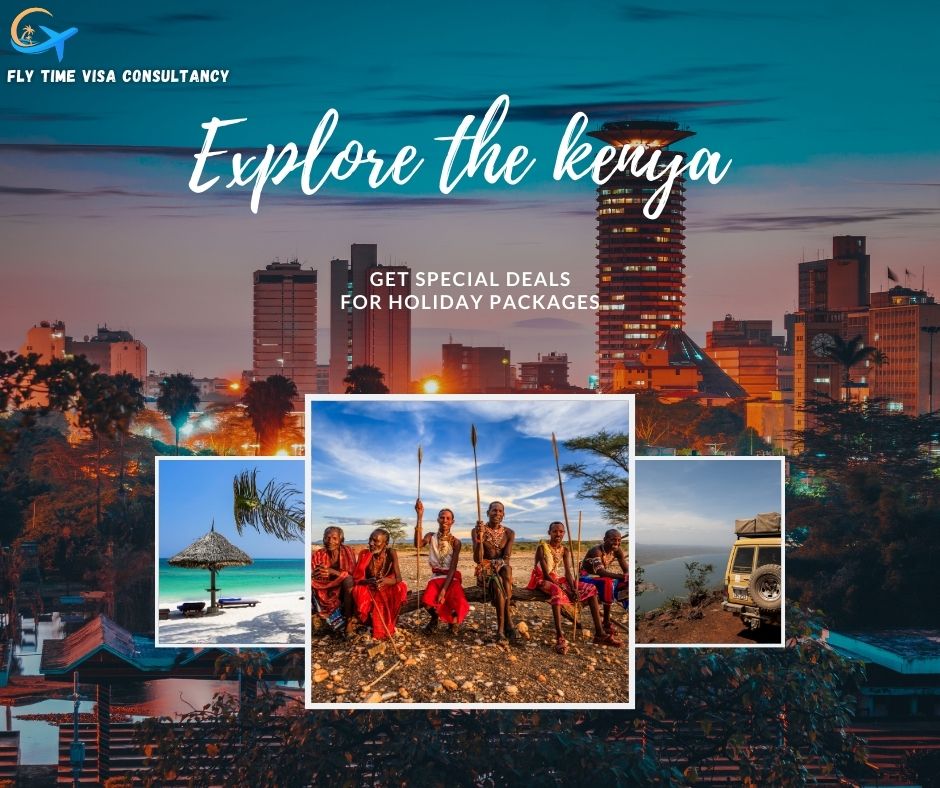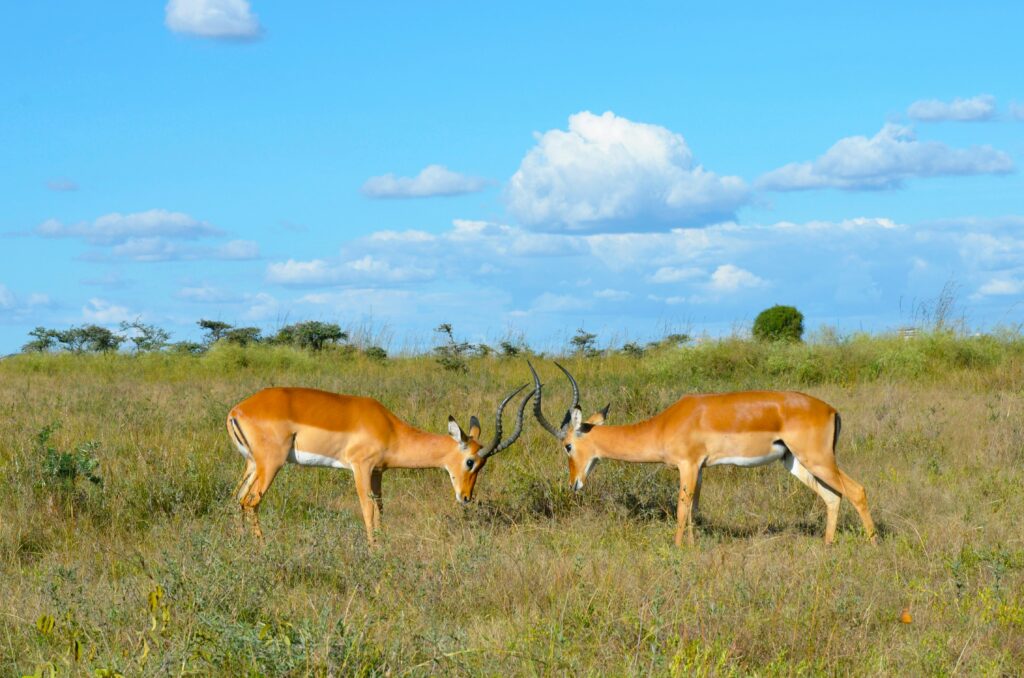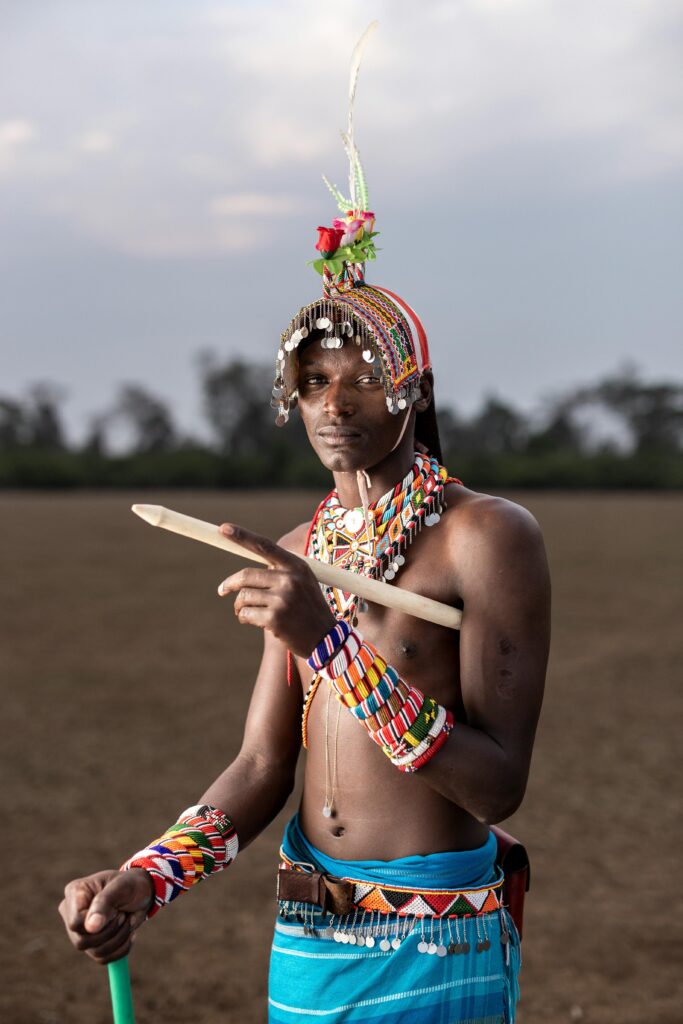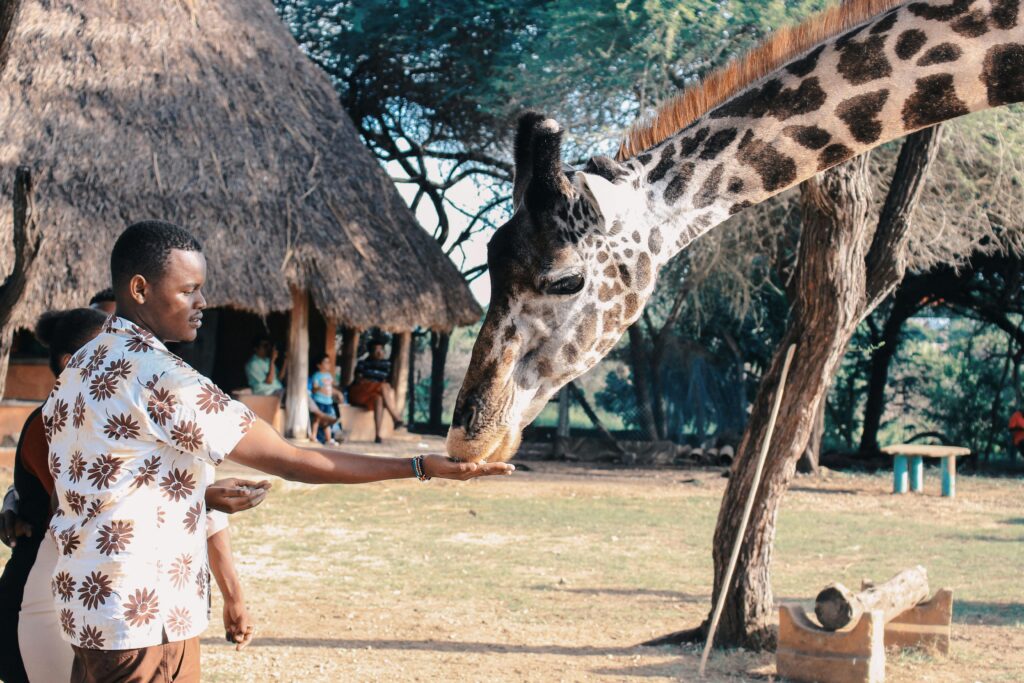
Overview:
Kenya is situated in East Africa and offers borders with Uganda, Tanzania, South Sudan, Ethiopia, Somalia, and the Indian Sea. Its capital city is Nairobi, which is the biggest city in the nation and a significant business and social center point.
One of the primary attractions of Kenya is its natural life. Places like the Maasai Mara Public Hold and Amboseli Public Park are well known for their assorted creature populaces, including the “Huge Five” (lion, panther, elephant, bison, and rhinoceros). The Maasai Mara is especially known for the Incomparable Relocation, where a great many wildebeest and zebras move looking for crisp brushing land.
The nation is home to north of 40 unique ethnic gatherings, each with its own dialects and customs. The fundamental dialects spoken are Swahili and English, yet you can hear numerous nearby dialects, like Maasai, Kikuyu, Luo, and Kalenjin.
Kenya’s way of life is rich and dynamic, including conventional moves, music, and celebrations that feature the assorted legacy of its kin.
With regards to food, Kenyan cooking is very extraordinary. Famous dishes incorporate ugali (a staple produced using maize flour), nyama choma (barbecued meat), and sukuma wiki (collard greens).
Kenya’s economy is different, with key areas including agribusiness, the travel industry, and administrations. The nation is notable for its tea and espresso creation, which are critical products.




Topography:
Capital: Nairobi
Size: Around 580,367 square kilometers (224,081 square miles
• Borders: Uganda toward the west, Tanzania toward the south, Somalia toward the east, Ethiopia toward the north, South Sudan toward the northwest, and the Indian Sea toward the southeast.
• Scene: Highlights incorporate the Incomparable Crack Valley, Mount Kenya (the second-most elevated mountain in Africa), savannahs, deserts, good countries, and a shocking shoreline along the Indian Sea.
Individuals and Culture:
• Populace: Around 55 million individuals (2024 gauge).
• Ethnic Gatherings: More than 40 ethnic gatherings, including Kikuyu, Luo, Luhya, Kalenjin, and Maasai.
• Dialects: English and Swahili are the authority dialects, with various native dialects spoken.
• Religion: Overwhelmingly Christian, with a critical Muslim minority and conventional African convictions.
Economy:
• Significant Ventures: Farming (tea, espresso, blossoms), the travel industry, innovation, and assembling.
• Cash: Kenyan Pushing (KES).
• Financial Status: Kenya is viewed as one of Africa’s driving economies, with a solid spotlight on development, especially in versatile innovation (e.g., portable cash frameworks like M-Pesa).
Untamed life and The travel industry:
• Popular Parks: Maasai Mara, Amboseli, Tsavo, and Lake Nakuru.
• Untamed life: Known for the “Enormous Five” (lion, panther, elephant, bison, and rhino) and the Incomparable Movement of wildebeests.
• The travel industry: A significant supporter of the economy, with attractions going from safaris to flawless sea shores in Mombasa and Lamu.
History:
• Frontier Period: Kenya was an English province until acquiring freedom on December 12, 1963.
• Post-Freedom: The principal president was Jomo Kenyatta. The nation has since gone through huge political and financial changes.Latest things:
• Metropolitan Development: Fast urbanization, with Nairobi and Mombasa being significant urban communities.
• Development Center: Frequently called the “Silicon Savannah,” Kenya is a forerunner in tech advancement in Africa.
• Challenges: Issues like joblessness, debasement, and environmental change influence advancement.
The visa Process for Pakistani Passport Holders is depicted below.
Visa Requirements for Pakistani:
- Passport at least valid for 6 months
- Last 6 Months Bank Statement
- Account Maintenance Letter
- Weight background picture
- A cover letter the purpose of your visit
- A return ticket reservation
- CNIC card
Visa Fee:
Single enter visa fee : PKR18000
Processing Time:
7 Days
